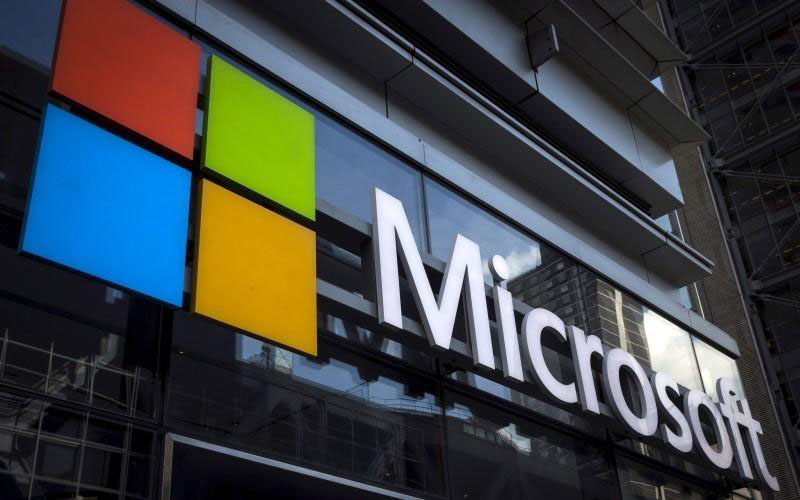Microsoft has unveiled passkeys for all consumer accounts, offering users an alternative to traditional passwords.
The move comes as the rate of password attacks escalates to a staggering 4,000 per second, underscoring the urgency for enhanced security measures.
As announced on Microsoft’s website, users can now create a passkey on their devices and utilize features like face recognition, fingerprint scanning, PIN, or security keys for authentication.
Ensuring Safe Access
In a statement, Microsoft emphasized the importance of passkeys in providing secure access to its services, highlighting the inadequacy of passwords in today’s threat landscape:
“Today, we’re announcing passkey support for Microsoft consumer accounts, the next step toward our vision of simple, safe access for everyone. Password attacks are so popular because they still get results. It’s painfully clear that passwords are insufficient to protect our lives online.”
How Passkeys Operate
Unlike traditional passwords, passkeys utilize a two-part cryptographic key pair system. One key is securely stored on the user’s device, safeguarded by biometrics or a PIN, while the other resides with the respective app or website.
To sign in, users require both components of the key pair, ensuring robust security measures. Microsoft emphasizes that passkeys are “phishing-resistant,” mitigating the risk of unauthorized access to user accounts.
Embracing a Passwordless Future
Microsoft’s introduction of passkeys aligns with the broader industry trend towards passwordless authentication. In recent years, major tech companies like Google and Meta-owned Whatsapp have also embraced passkey solutions to enhance user security.
Moreover, Microsoft, Google, and Apple have collaborated to establish a common passwordless sign-in standard, signaling a collective effort to advance security practices across digital platforms.


